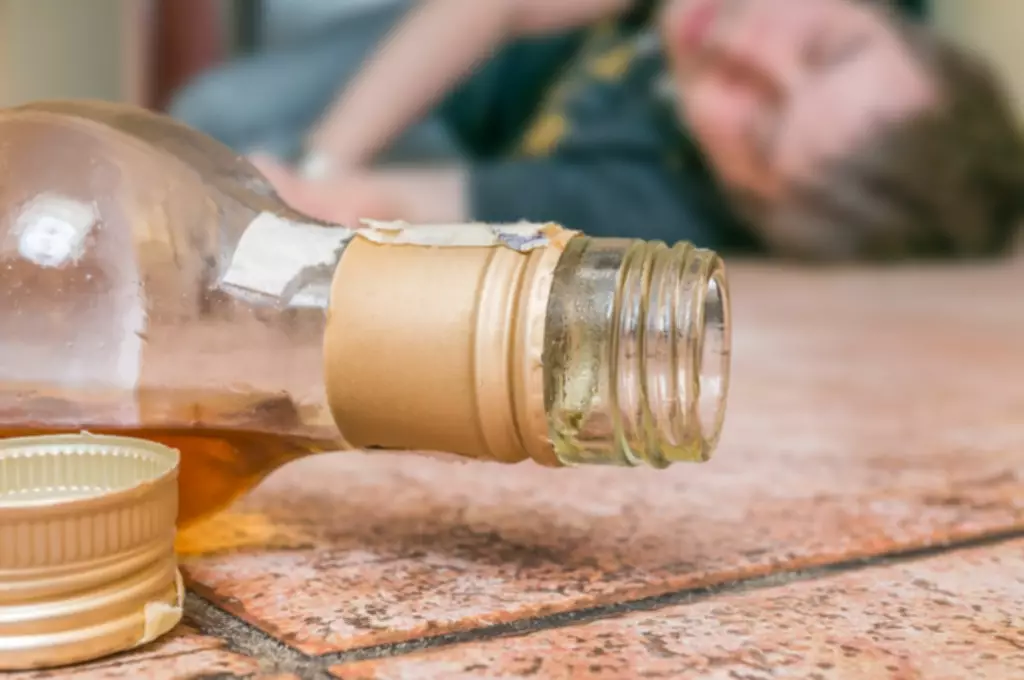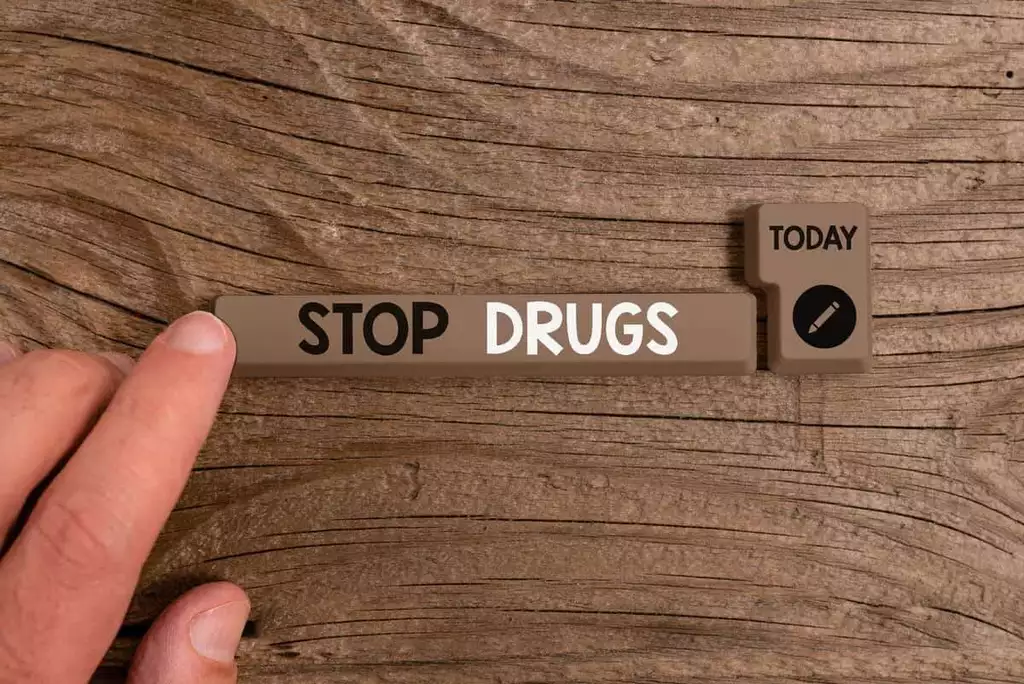
Addiction needs to be treated what is the difference between addiction and dependence as a public health problem, not a crime. What’s important to note is that drug dependence often leads to addiction. That being said, most opioid users do not become addicted to opioids. Understanding the distinction in the language is important in understanding treatments, symptoms, and risks. You will receive care at a treatment center to help you in your early days of sobriety.
Discussing Substance Use And Spring Break With Your College Kid
Like your brain, your body can quickly get used to any drugs8 you take. If you use a drug often, you’ll need higher doses to feel the same effects. For example, it takes just 2-3 doses of opioids9 for some people to develop a tolerance. Many symptoms can be managed at home, but moderate to severe drug addiction treatment withdrawal should be supervised by a healthcare professional and may require inpatient treatment. A doctor may also prescribe medications to help you manage withdrawal symptoms and support you in your effort to stop drinking. Benzodiazepines can help alleviate withdrawal symptoms, while naltrexone may help you manage alcohol cravings.

Statistics on PCP Use, Prevalence, & Addiction Treatment

While these two elements are physiological changes – meaning they impact the body – addiction is about behavior. When addiction occurs, it is evident by a person’s continuous use of a substance even when that person is already experiencing negative consequences from it. When a person develops an addiction, they are unable to stop using even if he or she tried to do so. Not all first-time users will become addicted to a substance, and health professionals continue researching why this is the case. So far, research indicates that many factors are involved in addiction—from a person’s unique brain chemistry to environmental factors that impact the user.

The Difference Between Physical and Psychological Dependency
- A person who develops a tolerance needs higher doses to achieve the same effect.
- Behavioral therapies, such as cognitive-behavioral therapy (CBT), can help individuals develop coping mechanisms, identify triggers, and learn healthier ways to manage cravings.
- By addressing both the physical and psychological aspects of dependence, individuals can work towards achieving long-lasting recovery.
When you’re ready to recover, it may help to differentiate between the physiological and psychological aspects of what you’re going through. Doing this empowers you and your care team to choose the most effective types of treatment. Researched, fact-checked and transparent articles and guides that offer addiction and mental health insight from experts and treatment professionals. Remember, recovery is a lifelong journey, and seeking professional help and building a strong support system are essential steps in achieving freedom from addiction. With the right guidance, encouragement, and resources, individuals can reclaim their lives and cultivate a healthier, happier future. If so, it’s important for you to treat it with the seriousness it requires and get help before it’s too late.
- These symptoms, including withdrawal, define physical dependence, which can occur even with short-term use in some cases.
- These triggers set off biochemical changes in a person’s brain that strongly influence addictive behavior.
- Alcohol abuse is also a continuing problem in the country, with over 65 million people binge drinking in the past month.
- For instance, someone who is on a prescription for pain medication may find that he needs increasing amounts of dosage for the medication to work.
PHP also involves counseling and group therapy, as well as specialized services that focus on skill-building, relapse prevention, and employment assistance. In 2013, the American Psychological Association (APA) released the fifth edition of the DSM. In this edition, the definitions revolving around addiction were changed once again. The APA ditched both “substance abuse” and “substance dependence” in favor of “substance use disorder.” Substance use disorder is now the medical term for addiction. Previously, abuse was a mild form of addiction, and dependence was a moderate or severe form of addiction.
For instance, opioids like morphine can cause severe physical dependence, even when used as prescribed. On the other hand, cocaine, while not typically causing severe physical dependence, is highly addictive due to its intense psychological effects. On the flip side, we have psychological addiction, the master puppeteer of behavior and cognition. This is where the mind gets hooked on the emotional or mental effects of a substance or behavior. Chemical dependency is broader and may include other physical signs like an increasing tolerance to the substance, or withdrawal symptoms when someone tries to quit or cut down on using it. Once a person begins using on a daily or regular basis, the body becomes dependent on that drug.
Fortunately, Volkow and her colleagues’ argument carried the day with the American Psychiatric Association’s DSM-5 committee in 2013. One of the main medical texts that are used by mental health professionals to diagnose addiction is the Diagnostic and Statistical Manual of Mental Disorders (the DSM), which is currently in its fifth edition. Unite Us is the nation’s leading software company bringing sectors together to improve the health and https://ecosoberhouse.com/ well-being of communities. We drive the collaboration to identify, deliver, and pay for services that impact whole-person health.
- Whether you’re dealing with addiction, dependence, or both, alongside mental health challenges, you should opt for dual diagnosis treatment which will provide you with personalized, evidence-based care.
- Trained professionals, such as addiction therapists and counselors, can provide the expertise and support needed to navigate the challenges of addiction.
- Acknowledging the pain and finding the professional help to alleviate it and begin the appropriate therapies are essential first steps in recovery.
- A person can have an addiction without necessarily having a physical dependence.
Tolerance To Drugs And Alcohol
For example, we have long been told that people need to hit “rock bottom” before they’ll get help, but this isn’t true. Anyone with an addiction can get help at any point if they feel it’s the right time. In this article, we provide information about what abuse, dependence, and addiction mean, and how you can seek treatment for them. Find rehab for yourself or a loved one by speaking with a treatment provider.
The difference between dependence and addiction
The leading source to diagnose and understand addiction comes from the Diagnostic and Statistical Manual of Mental Disorders (DSM). The DSM-IV defines dependence and abuse as two completely different disorders. In the most recent edition, however, it does not have this distinction. Whether you struggle with physical or psychological addiction or both, we help you learn the tools you need to overcome at Gateway.

